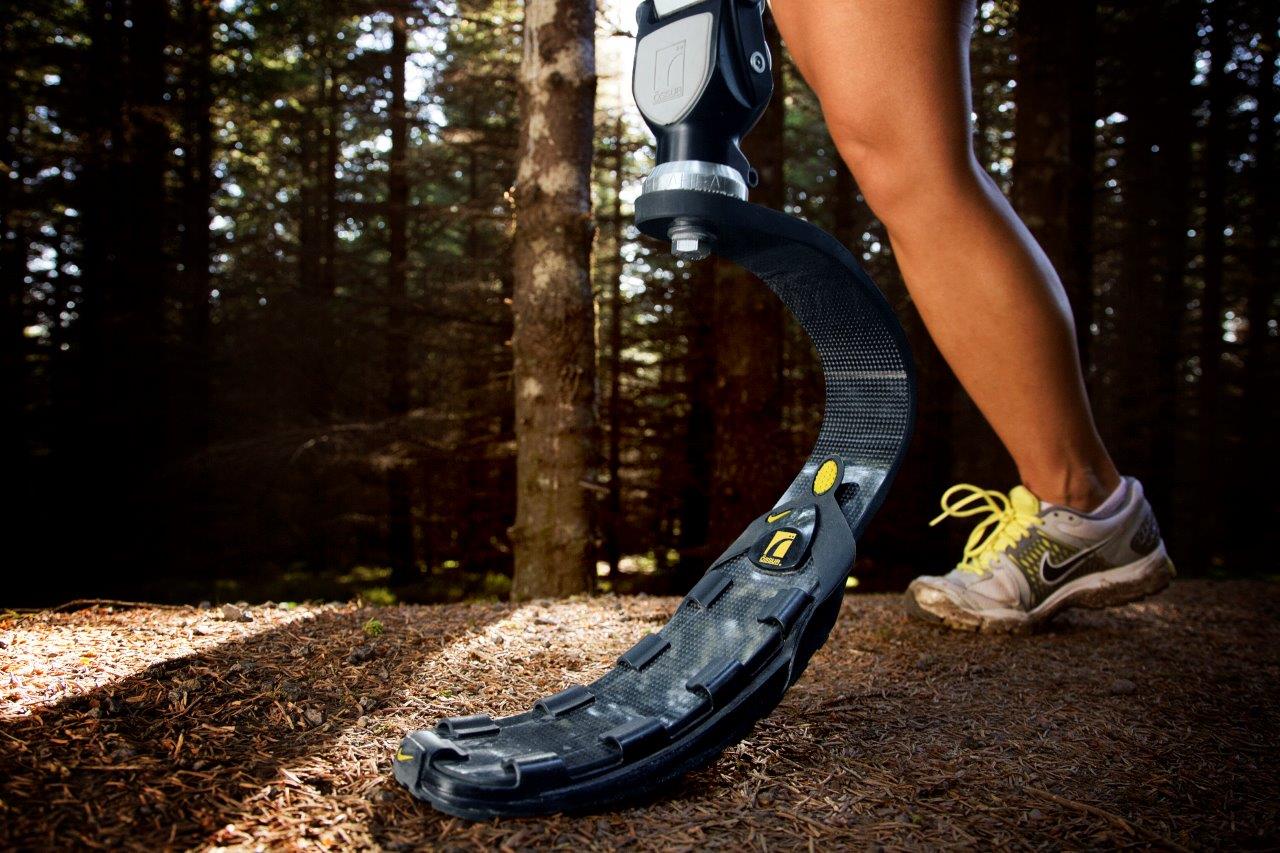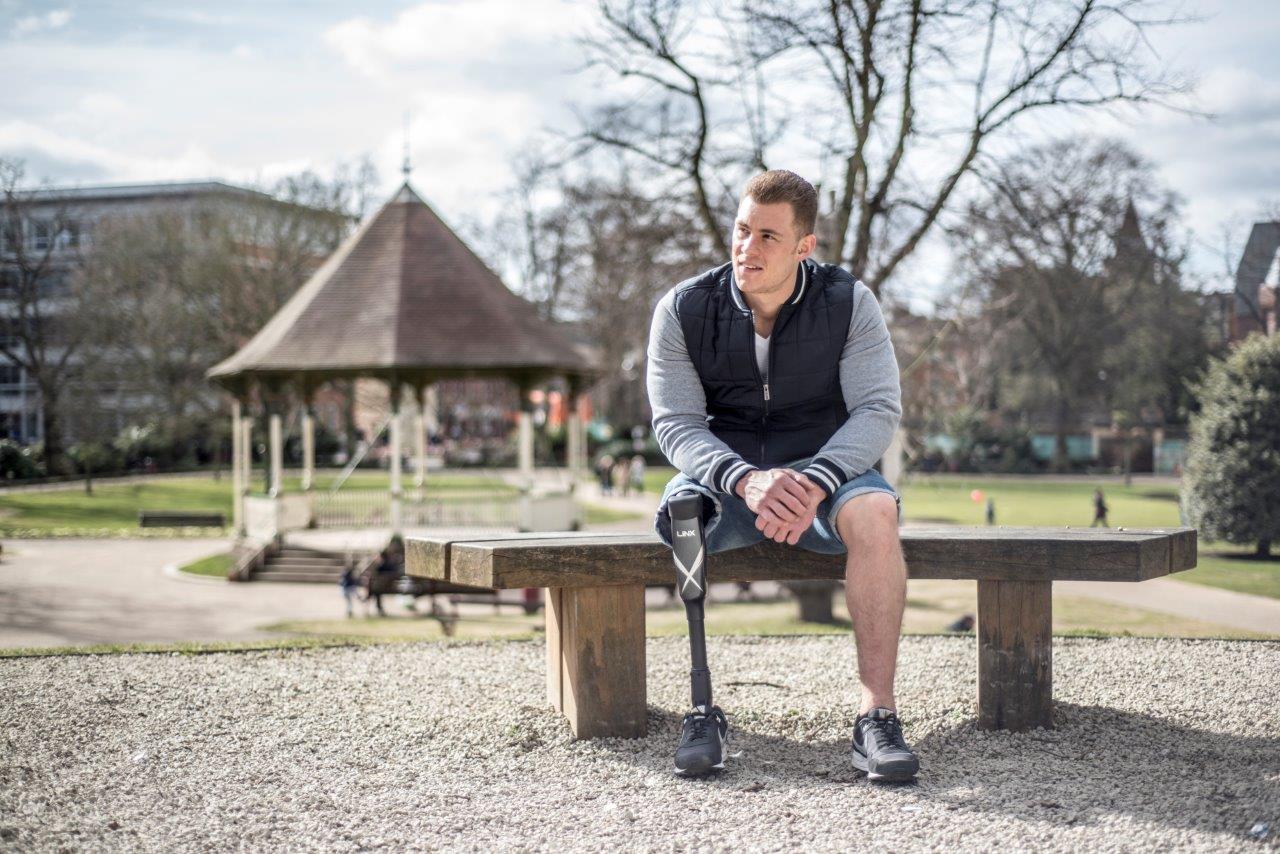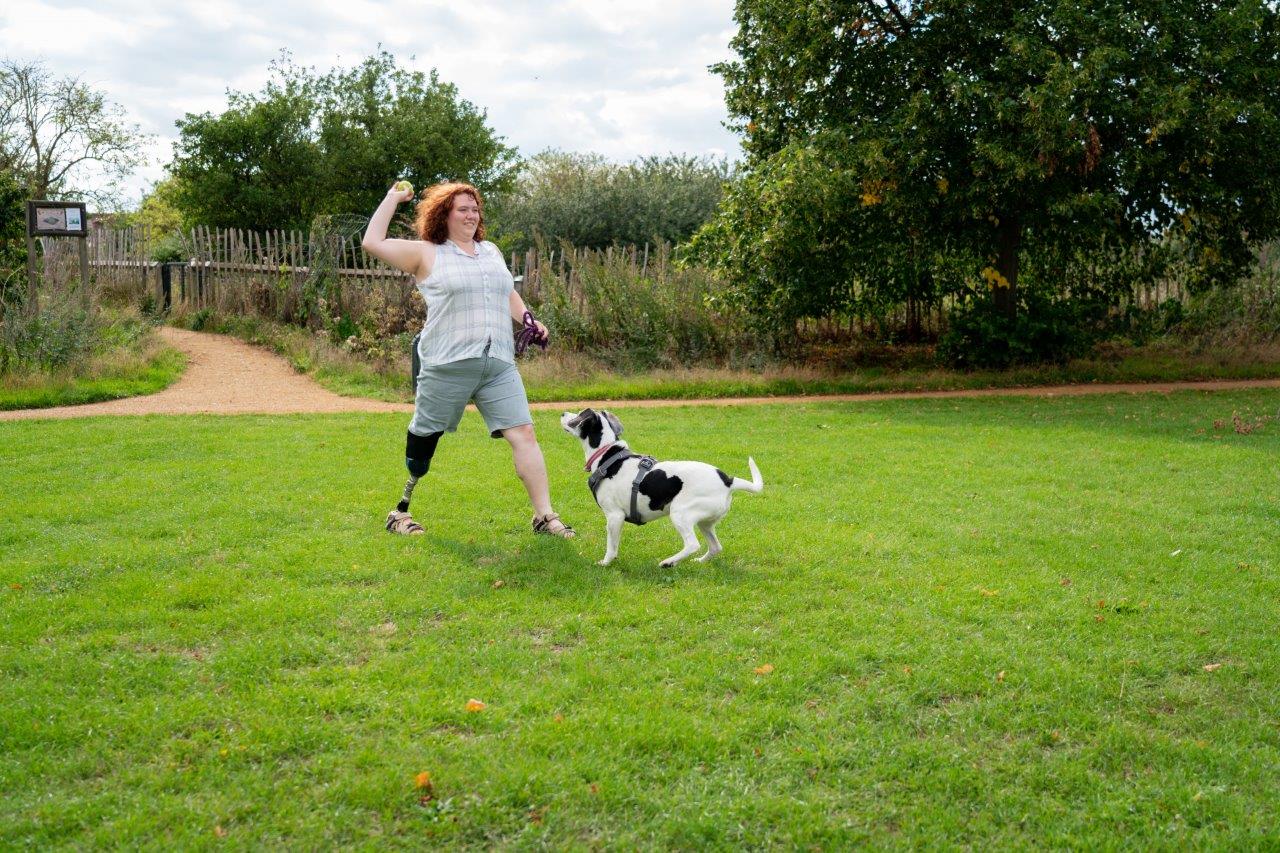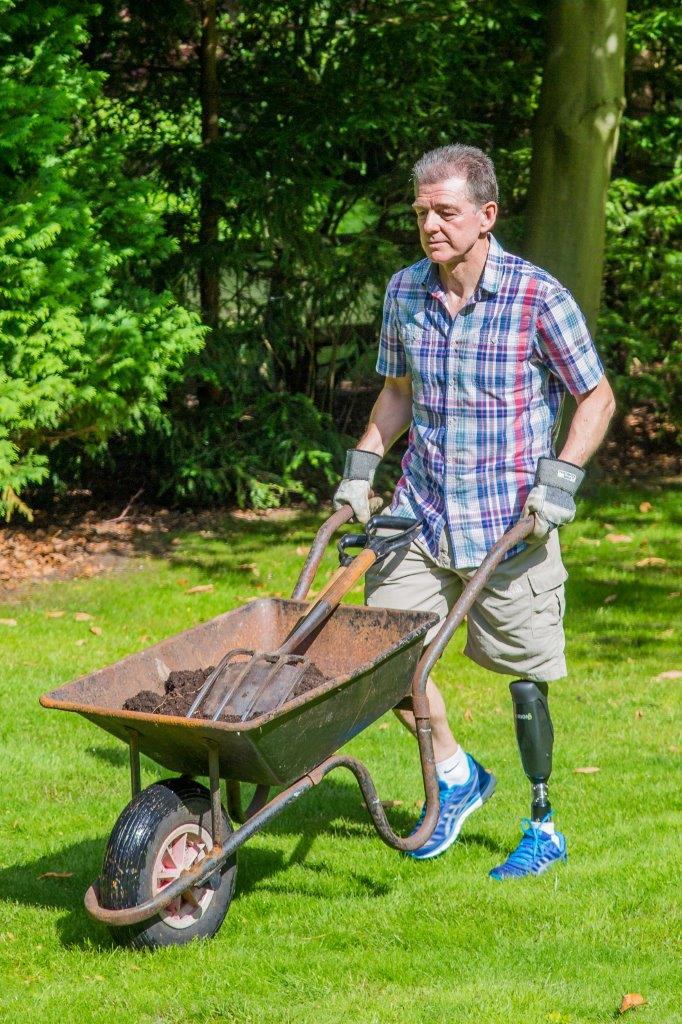PROSTHETIC SERVICES
Photo Credit: Blatchford
We Focus on the Needs of Our Patients.
Whether you are receiving a prosthetic device for the very first time or being fit for a new device after many years of use, we understand that all patients are looking for products that best meet their unique needs. Some people just want life to feel normal again. We understand you want to go back to work in the garden. Or return to your normal evening walks. Or even want to push yourself to your physical limits by testing new breakthrough technologies that allow you increased mobility, speed and agility.
The right product is the one that doesn't just fit your limb, but also fits YOUR lifestyle. We want to make sure we understand what is most important. Is it flexibility? Is it appearance? It is performance? Contact us to start your journey today.





Share On: